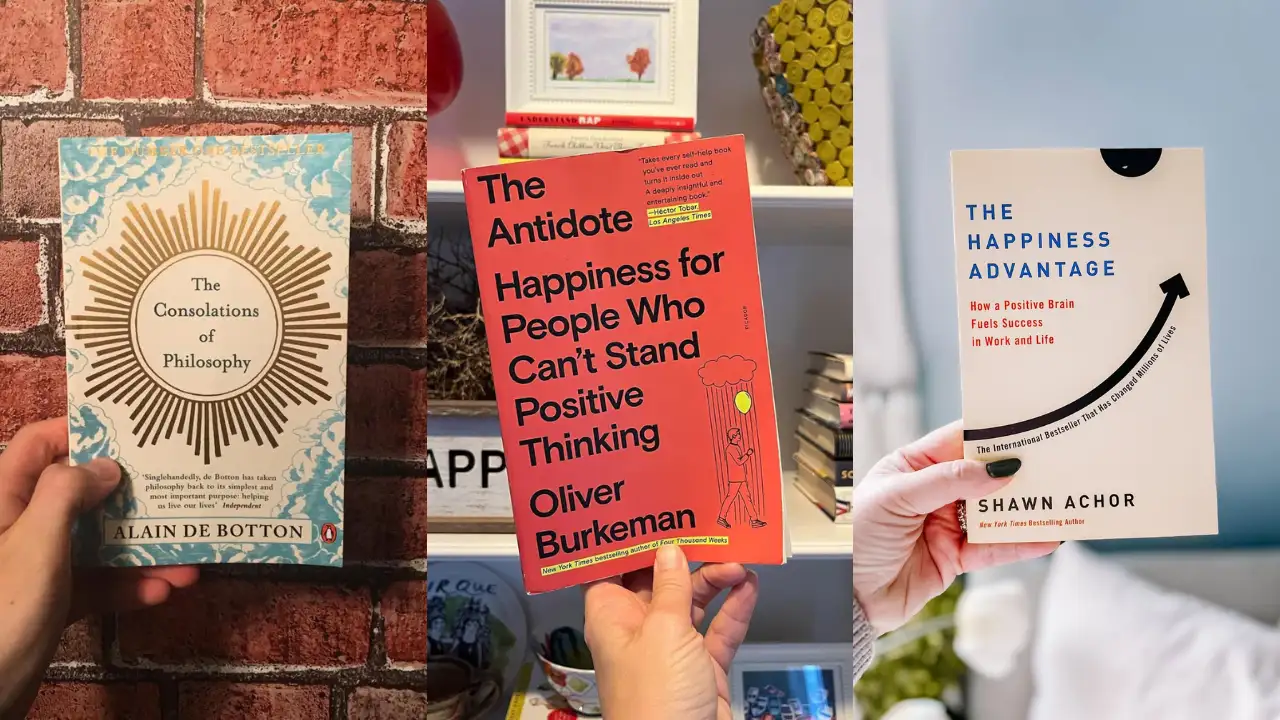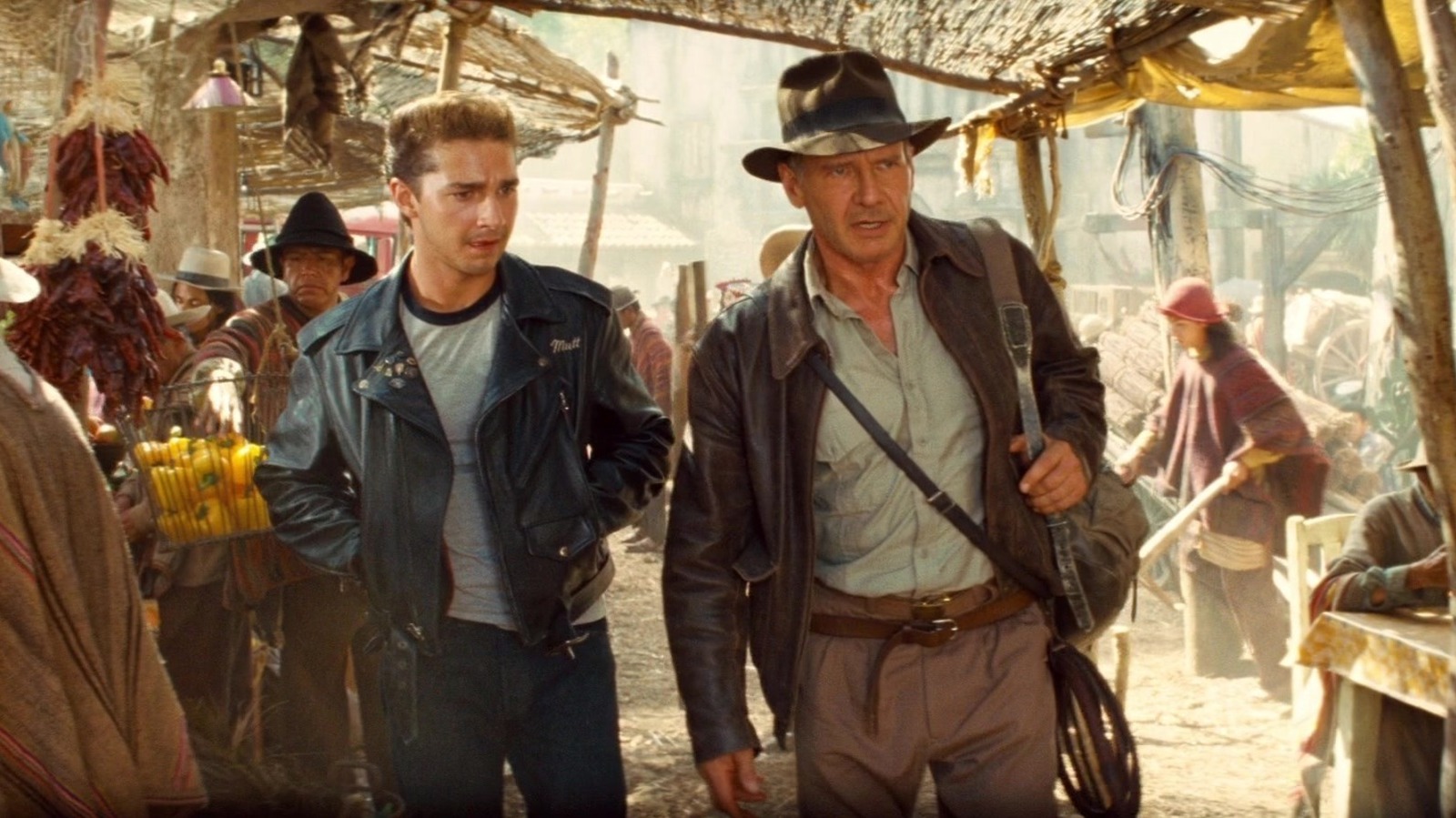By Girish Shukla
Copyright timesnownews

Happiness is one of those words that gets thrown around so much that it risks becoming meaningless. Advertisements promise it, social media pretends to display it, and self-help shelves are crammed with neat formulas for achieving it. Yet for many, happiness remains slippery, something that fades the moment we think we have caught it. The truth is that happiness is not a one-size-fits-all destination. It is shaped by culture, context, and individual experience. These eight books do not hand out quick fixes or easy slogans. Instead, they challenge the myths, commercial narratives, and shallow versions of joy we have been sold. They encourage us to question what happiness really means, and how we might define it on our own terms. Also Read: 8 Books That Drop Truth Bombs You’ll Want to Repeat Forever 1. The Happiness Industry by William Davies William Davies delivers a sharp critique of how governments, corporations, and even scientists have commodified happiness. By showing how well-being has been turned into data, targets, and profit, he exposes how the pursuit of happiness has been distorted by power and money. This book dismantles the idea that happiness is something to be measured and sold, instead reminding readers that it must be rooted in autonomy, meaning, and the freedom to live beyond commercial metrics. 2. Against Happiness by Eric G. Wilson Eric G. Wilson turns cultural assumptions on their head by questioning why society is obsessed with cheerfulness. He argues that melancholy is not something to be eradicated but a vital part of human depth, imagination, and creativity. Far from encouraging despair, Wilson suggests that sadness can sharpen our understanding of life. This book challenges the myth that unhappiness is always a problem to be solved and invites readers to embrace the full spectrum of emotional experience. 3. The How of Happiness by Sonja Lyubomirsky Sonja Lyubomirsky’s research-based guide combines psychology with practical exercises to show how small, intentional changes can alter well-being. She dismantles the belief that happiness is fixed by genetics or luck, demonstrating instead how actions and attitudes play a decisive role. By grounding her approach in evidence, she avoids the clichés of traditional self-help. This book teaches readers to treat happiness as a practice shaped by choice, rather than a gift handed out to a lucky few. 4. The Antidote: Happiness for People Who Can’t Stand Positive Thinking by Oliver Burkeman Oliver Burkeman takes aim at the relentless positivity industry, offering a refreshing alternative for those tired of forced optimism. Through philosophy, psychology, and real-life stories, he shows how confronting failure, uncertainty, and even negativity can lead to more genuine fulfilment. Burkeman reframes happiness not as a constant smile but as the resilience to face life honestly. His work reassures readers that there is value in discomfort and that imperfection can be a doorway to contentment. 5. The Happiness Advantage by Shawn Achor Shawn Achor challenges the conventional idea that success leads to happiness. Drawing on psychology and workplace studies, he flips the script by showing that happiness often fuels productivity, creativity, and resilience. His strategies are rooted in shifting focus and cultivating a positive mindset without denying struggle. This book is particularly valuable for readers stuck in the belief that achievement comes first. Achor demonstrates that prioritising happiness can be the foundation for both personal and professional growth. 6. Rethinking Positive Thinking by Gabriele Oettingen Gabriele Oettingen dismantles the myth that daydreaming about success automatically makes it more likely. Introducing the WOOP method (Wish, Outcome, Obstacle, Plan), she blends psychology with practical exercises that show how confronting obstacles directly can create lasting change. This book teaches readers that happiness is not about avoiding reality but engaging with it constructively. By advocating for realistic optimism, Oettingen provides a framework for turning abstract hopes into concrete steps that align with genuine fulfilment. 7. Love and Awakening by John Welwood Psychologist John Welwood weaves together Western psychology and Eastern philosophy to explore how relationships and authenticity can transform our understanding of happiness. He argues that true contentment comes not from perfection or constant pleasure but from openness, compassion, and spiritual awakening. Welwood reframes happiness as an ongoing process of connection—with ourselves, with others, and with the wider world. His book offers both philosophical reflection and practical guidance, encouraging readers to embrace vulnerability as a pathway to joy. 8. The Consolations of Philosophy by Alain de Botton Alain de Botton brings the wisdom of great philosophers into everyday life, showing how their ideas can guide us through disappointment, frustration, and longing. By reinterpreting figures such as Socrates, Epicurus, and Nietzsche, he reframes happiness as something found not in perfection but in perspective. The book challenges the assumption that philosophy is abstract or irrelevant, instead positioning it as a practical tool for shaping how we live. It teaches that happiness is as much about meaning as it is about pleasure. Also Read: 8 Books That Hand You the Life Lessons No One Else Will Each of these books refuses to treat happiness as a quick purchase or a guaranteed formula. They ask harder questions about what it means to live well and invite us to embrace complexity, contradiction, and honesty. Together, they remind us that happiness is not the absence of struggle but the presence of clarity, resilience, and connection. If there is one giveaway here, it is this: happiness becomes most powerful when we stop chasing someone else’s version of it and begin defining it for ourselves.



